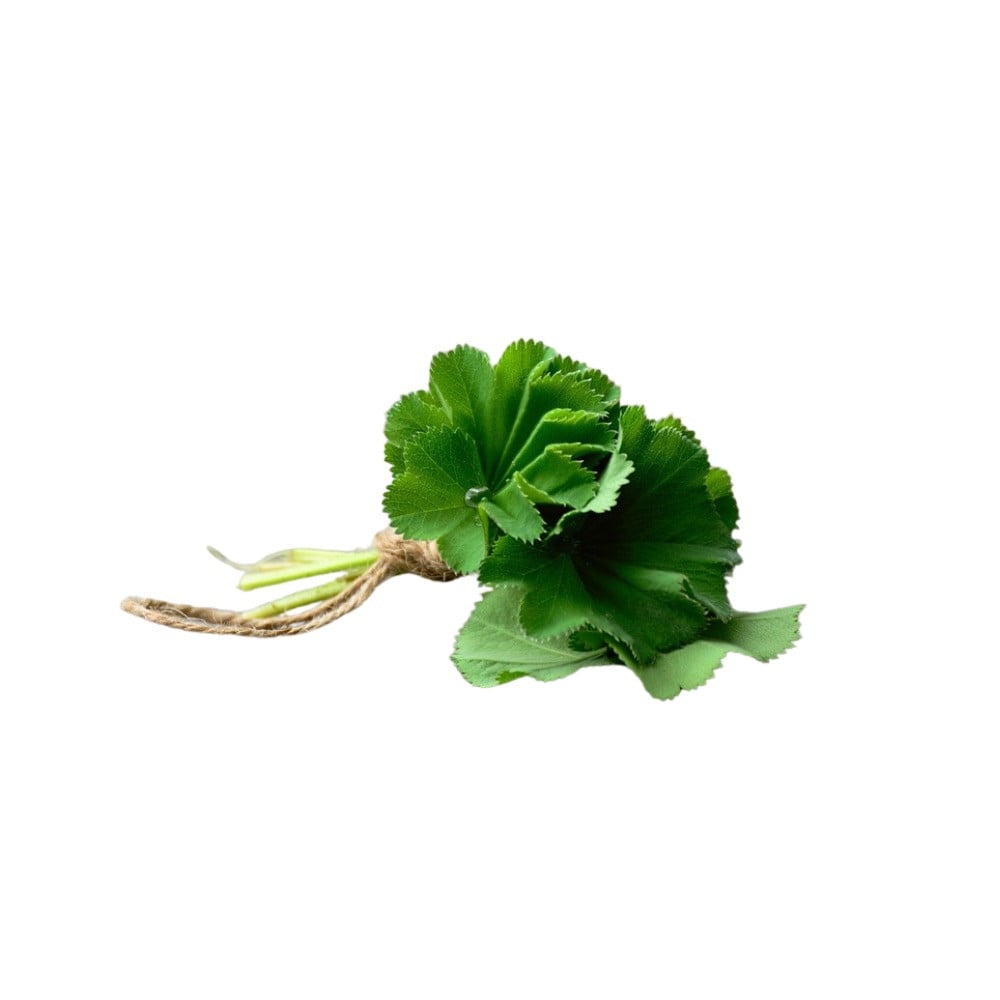Gelbgrüner Frauenmantel

Variety
Gelbgrüner Frauenmantel
Approved Data
created by MarieLu at 18.11.2025
Features
Location
light: sunny to semi-shady
Soil: permeable soil
soil moisture: no waterlogging
Soil: slightly sandy
Soil: slightly loamy
Biotop: Magerrasen
Cultivation Break
0 Years
Season Overview
Sowing
Harvest
Harvest
J
F
M
A
M
J
J
A
S
O
N
D
1ST YEAR
FOLLOWING YEARS
Description
Lady's mantle belongs to the rose family (Rosaceae). The genus lady's mantle (Alchemilla spp.) comprises several hundred species that are found all over the world. In Central Europe, the most common species are common lady's mantle (Alchemilla vulgaris agg.), soft lady's mantle (Alchemilla mollis) and yellow-green lady's mantle (Alchemilla xanthochlora). The species are often difficult to distinguish, which is why many plants are assigned to the Alchemilla vulgaris complex. Lady's mantle is a perennial herb that grows upwards in a rosette of around 20 - 40 cm. The plant remains quite compact in growth and therefore only requires a moderate amount of space. Its fan-shaped, rounded leaves are typical of the plant. Condensation often collects here, which is also a characteristic feature of the genus. Between May and August, rather small, inconspicuous flowers appear, which are rich in nectar. Lady's mantle is a robust plant, tolerant of drought and cold. It provides plenty of food and habitat for insects. It is also a long-used medicinal plant that helps with inflammation, menstrual cycle problems and digestive problems.
Non hybrid
Frostproof
Growing tips
Lady's mantle can be sown directly into the bed or pre-grown, although direct sowing is usually less complicated. The seeds need a cold stimulus to germinate, which you have to create artificially when growing them. Otherwise it won't work. Germination usually takes quite a long time (between two and four weeks).
Details
Light requirement
Semi-shaded
Water requirement
Moist
Soil
Medium (loamy)
Nutrient requirement
Medium
Light germinator
Germination temperature
3 - 5 °C (Degrees Celsius)
Plant distance
30 cm
Row spacing
30 cm
Seeding depth
0.5 cm
Antagonistic Plants
No antagonistic plants
Diseases
Root Rot
Powdery mildews
Pests
Aphids